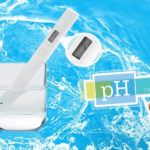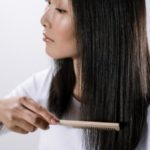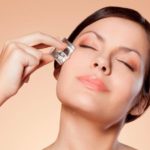From the moment we are born, we are given baths. Bathing activities take place daily or weekly. Some people even bathe several times a day in hot weather. So should we bathe before or after shampooing, or should we shampoo every time we bathe? When water is poured onto the head, it will have an impact on the brain, nervous system, hair, and skin, while bathing will affect the cardiovascular system, muscles, bones, and internal organs… Many people get sick or die from bathing incorrectly. Therefore, you must remember:
Bathe before shampooing
The methods of bathing and shampooing are intricate. According to TS.BS Wu Li-Fen, Deputy Head of Obstetrics and Gynecology at Qianwei Hospital (Cat Lam, China), bathing and shampooing are related to health, so if done correctly, they have very beneficial effects in terms of eliminating fatigue, improving sleep, preventing diseases, caring for health, beauty, and anti-aging. When washing the body, we should start with the feet, then hold water in the mouth and breathe deeply into the abdomen to avoid catching a cold or splashing water on the chest and back before pouring water from the neck down. Only after bathing should we shampoo our hair. This is a way to signal to the body the information about temperature changes so that the body can adapt gradually.
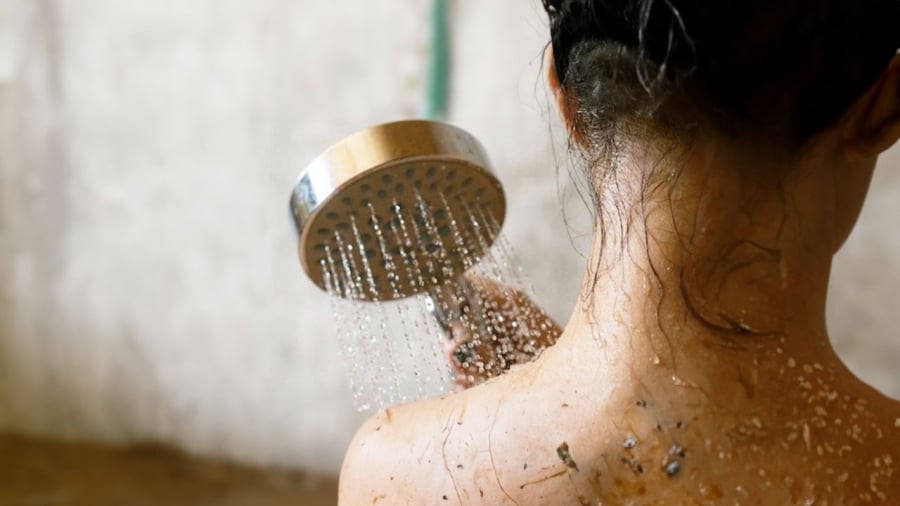
Modern science recommends the same, that is, bathing the body from the neck down before shampooing. According to Dr. Wu Li-Fen, shampooing and bathing are related to health, so when done correctly, they have very good effects in terms of eliminating fatigue, improving sleep, preventing diseases, caring for health, beauty, and anti-aging. When cleaning the body, we should start with the feet and hands to allow the body to adapt before using the shower, and finally shampooing to avoid sudden changes in temperature that can affect blood circulation in the brain.
Bathing incorrectly, pouring water suddenly from the head down, is very dangerous, especially when bathing in the evening or immediately after waking up. Suddenly pouring water from the head down causes insufficient blood circulation, leading to stroke and feeling cold.
In cold winters, pouring hot water from the head down causes blood vessels to “swell” due to sudden temperature contact, which can cause broken blood vessels and sudden accumulation of blood, resulting in dangerous cerebrovascular diseases.
Therefore, to bathe correctly, you need to start by pouring water on your feet. Then use your hand to splash water onto your chest and back to allow the body to adapt. After that, pour water on the body. Once the body has adapted, then shampoo your hair.
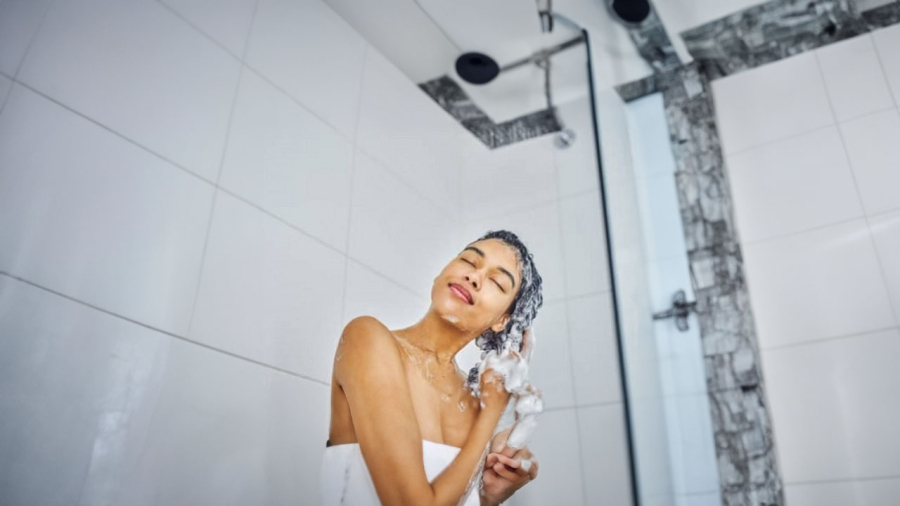
Should you put shampoo on your scalp or hair ends?
Shampoo and conditioner are familiar products, but many users still use them incorrectly. Shampoo cleanses the scalp, while conditioner makes the hair smooth. However, many people pour shampoo onto the ends of their hair and rub it onto the scalp because they think shampoo is used to clean the hair. This method makes the hair dry because shampoo contains many chemicals. Instead, rub shampoo on the scalp, massage it, and then run it down to the hair before rinsing with water. Conditioner, on the other hand, should only be applied to the hair, not the scalp, to avoid greasy hair.
Many people confuse these techniques, which can lead to greasy scalps and dry hair.
Should you shampoo every day?
Many people believe shampooing is necessary every time they bathe. However, this is not recommended. Shampooing too often makes the hair dry and tangled. Therefore, you should only shampoo your hair 2-3 times a week.
Additional notes on bathing
– Do not bathe on an empty stomach as it can cause dizziness and fainting due to low blood sugar.
– When you are full after a meal, do not bathe as it can cause abdominal discomfort and indigestion. So it is best to bathe 1-2 hours after eating.
– When your body is sweating a lot after exercising, heavy physical work, or being in the sun, do not bathe as it can cause the risk of catching a cold. You should wait for your body to dry off sweat and return to normal body temperature before bathing.
– When you are drunk: If you bathe, it will worsen your dizziness and may cause a stroke.
– In the early morning: In the early morning when you just wake up, your body hasn’t fully recovered its functions yet, so you should wait at least 30 minutes before bathing.
– After 10 p.m., do not bathe as it can affect your circulation, leading to death.
– When your body is exhausted, sick, or has a high fever, you should only take a quick bath and towel off.
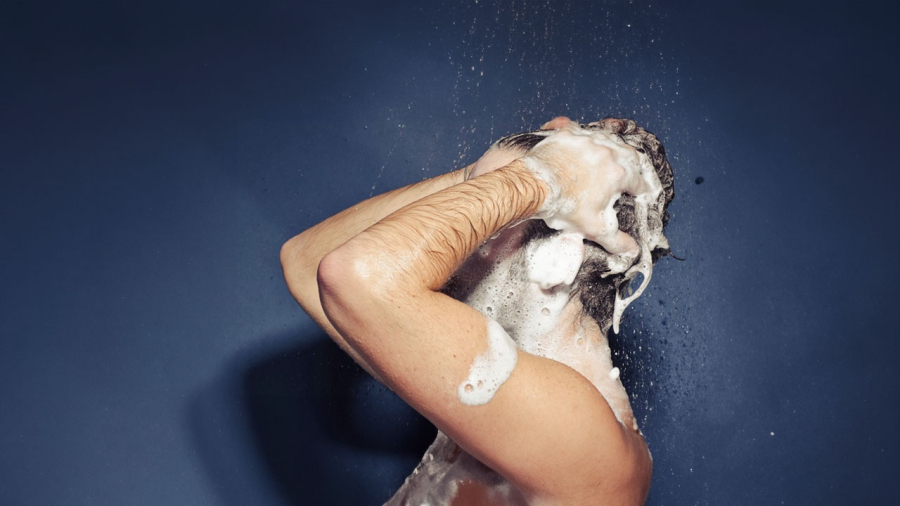
Be careful with bathwater
Avoid rinsing with water that is too cold or too hot. Cold water can cause cardiovascular diseases and chills, while hot water can damage the skin and make the hair dry and tangled. It is best to bathe in lukewarm water with a temperature close to body temperature. The suitable water temperature is 38 to 44 degrees Celsius. At this temperature, the skin and hair are both cleansed without losing their natural oil layer, which helps protect them better.
When bathing, be aware of the bathroom space: avoid closing all the doors in a small bathroom and taking a long time to bathe, as this can cause suffocation, especially for people with weak health. Therefore, there should be a small window in the bathroom.
The bathing time should only be 7-10 minutes, and shampooing should only take 5-7 minutes. Do not bathe for too long as it can cause fatigue. Remember to dry your hair before going to bed.
When using a showerhead, let the water flow for a few minutes before applying it to your body to reduce bacteria on the showerhead. The showerhead is a place that contains many bacteria that cause diseases.
Bath towels should be dried after each use.
























